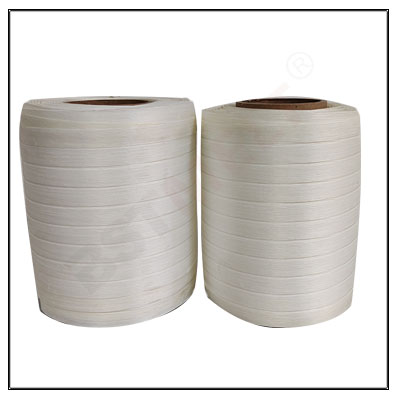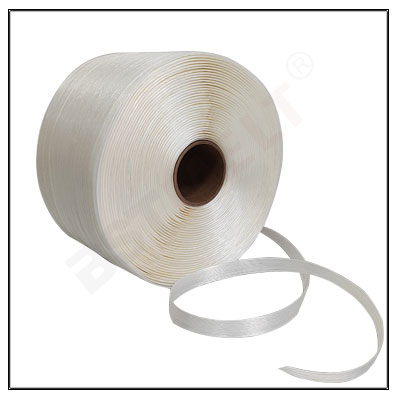- +86 136 65744767
- 09:00 AM - 5:00 PM
In the world of logistics and transportation, finding innovative solutions to enhance efficiency and reduce costs is paramount. Amidst this quest, baling straps have emerged as a game-changer, offering a robust and economical alternative to traditional twine or rope for securing bales and waste materials during transit.


Traditionally, farmers, manufacturers, and waste management companies relied heavily on twine or rope to tie down their goods, ensuring they remained intact during the rigors of transportation. However, these materials often proved insufficient in withstanding the constant movement, vibration, and potential impacts that bales and waste materials experience during long journeys. This led to frequent untying, damage to products, and increased labor costs for re-securing loads.
Enter baling straps, a modern marvel that combines durability, strength, and ease of use. Crafted from high-tensile materials such as polyester or nylon, these straps are designed to withstand the toughest of conditions, ensuring that loads remain securely fastened throughout the transportation process. Their resistance to stretching and tearing, even under significant tension, makes them the ideal choice for securing heavy and bulky items like agricultural produce, recyclable materials, and industrial waste.
Moreover, the adoption of baling straps has proven to be a cost-effective solution. While the initial investment may be slightly higher than that of twine or rope, the long-term savings in terms of reduced damage, labor costs, and time spent on re-securing loads far outweigh the upfront expense. The straps' reusable nature further adds to their economic appeal, as they can be easily detached and reapplied to new loads, significantly reducing waste and environmental impact.
In addition to their practical benefits, baling straps also contribute to improved safety standards. Their secure fastening capabilities minimize the risk of loose loads shifting during transport, reducing the likelihood of accidents and injuries to drivers, passengers, and bystanders. This, in turn, helps companies maintain a positive safety record and avoid costly fines or legal liabilities.
As the logistics industry continues to evolve, the adoption of baling straps as a standard practice for securing loads is gaining momentum. From small-scale farmers to multinational corporations, businesses across various sectors are recognizing the value that these straps bring to their operations. With their combination of strength, durability, and cost-effectiveness, baling straps are poised to revolutionize the way we transport goods, making our roads safer and our supply chains more efficient.
